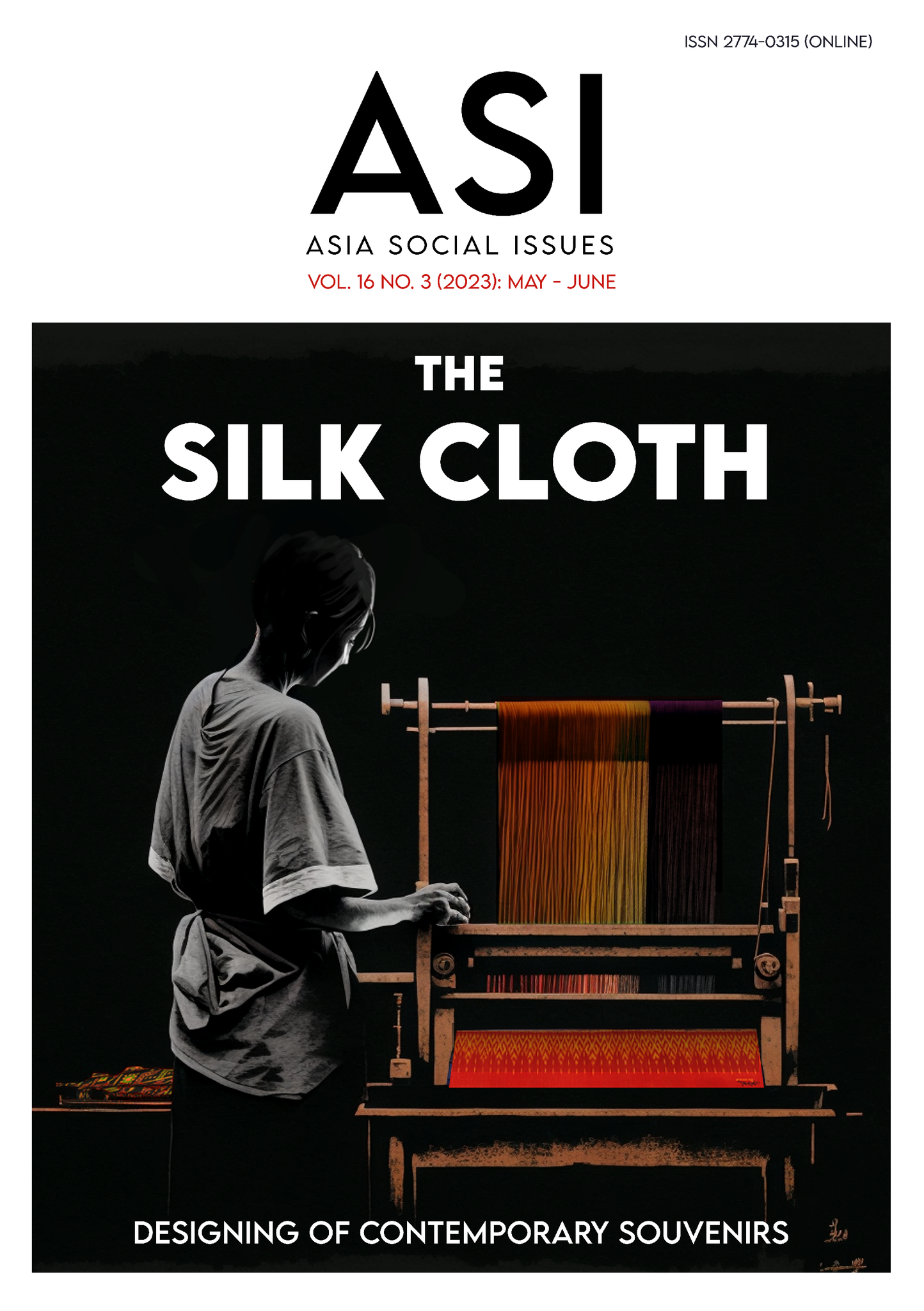Journalists’ Level of Safety at Election Seasons in Southwest Nigeria
Main Article Content
Abstract
The study used survey-style descriptive research. All of southwest Nigeria’s media outlets made up the population. 200 respondents made up the study’s sample, using a multi-stage sampling approach that included stratified random and simple random sampling techniques. A questionnaire titled “Level of Safety of Journalists Questionnaire” was used to gather data (LSJQ). The instrument’s reliability was assessed using the Cronbach Alpha technique, and a reliability co-efficient of 0.81 was found. The validity of the instrument was proven through the face and content validity. Both descriptive and inferential statistics were used to examine the data acquired; more specifically, descriptive statistics were utilized for the research question and t-tests were employed for the research hypothesis. The study found a modest level of safety for journalists covering elections, and there is no discernible difference between male and female journalists' perceptions of this safety. Considering the results of this investigation, it was suggested that media organizations step up their efforts by offering the required protective gear to reporters during election seasons. Government and non-governmental organizations should work together to protect journalists during election seasons. There should be public awareness campaigns and programs against election-related violence against journalists.
Article Details

This work is licensed under a Creative Commons Attribution-NonCommercial-NoDerivatives 4.0 International License.
Copyright: CC BY-NC-ND 4.0
References
Adaja, T. A. (2012). Nigerian journalism and professionalism: Issues and challenges. New Media and Mass Communication, 5, 15-22.
Ahva, L. (2010). Making news with citizens: Public journalism and professional reflexivity in finnish newspapers (Doctoral dissertations). Finland: Tampere University Press.
Akabogu, C. E. (2005). The ethical journalist and brown envelop syndrome: The way forward. International Journal of Communication, 3(1), 1-9.
Andrew, A., (2016). The battle for professionalism in journalism in Nigeria amidst unethical practices. Journal of Mass Communication & Journalism, 6(3), 1-5.
Bartholomew, M. (2013). Anti-press violence: How safe are journalists? Retrieved from https://www.vanguardngr.com/2013/05/anti-press-violence-how-safe-are-journalists/
Beckett, C. (2008). Super media saving journalism so it can save the world. Chichester, UK: Wiley-Blackwell.
Day, L. A. (2006). Ethics in media communications: Cases and controversies (5th eds.). Boston, United States: Wadsworth Publishing.
Harcup, T. (2009). Journalism: principles and practice (4th eds.). United States: Sage Publication.
Franklin, B. (2006). Local journalism and local media making the ethical news. London, UK: Routledge.
Frankson, B. (2008). Citizen journalism and democracy in Africa: An exploratory study. South Africa: Highway Africa.
Glasser, T. L., & Ettema J. S. (2008) Ethics and eloquence in journalism. Journalism Studies, 9(4), 512-534.
Glasser, T. L. (2000). The politics of public journalism. Journalism Studies, 1(4), 449-467.
Karin Wahl, J & Thomas, H. (2009). Handbook of Journalism. New York & London, United States: Taylor & Francis.
Karlekar, K. D. (2008). Freedom of the press 2008: A global survey of media independence. United States: Rowman & Littlefield Publishers.
Matheson, D. (2004). Web log sand the epistemology of news: some trends in online journalism. United States: New Media and Society.
McQuail, D. (2010). Mc Quail’s Theory of Mass Communication. United States: Sage Publications.
Media Foundation for West African. (2016). Safety of journalists during elections. Accra, Ghana: Media Communication.
Peter, N. (2015). In election year, Nigerians press feeling the pressure. Retrieved from https://cpj.org/2015/03/in-election-year-nigerias-press-feeling-the-pressu/


